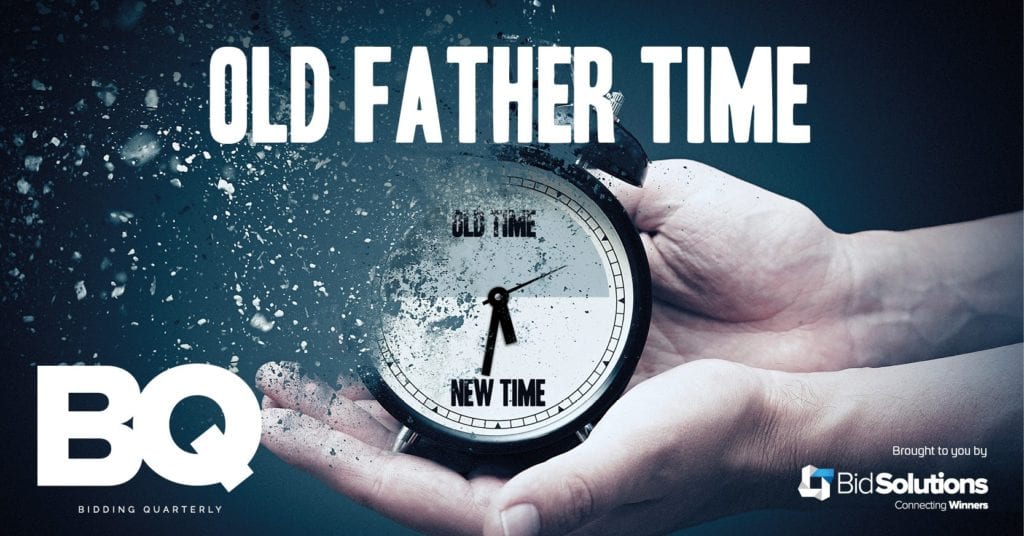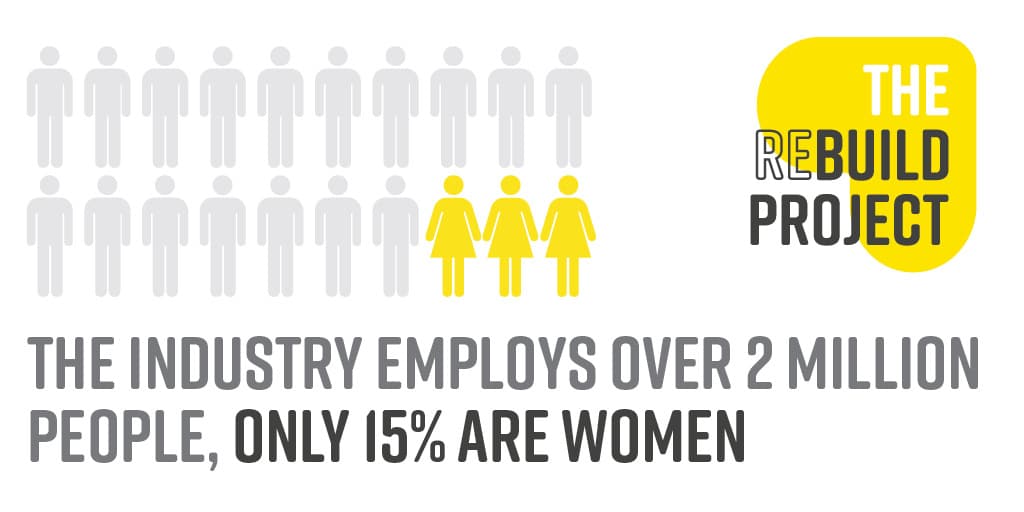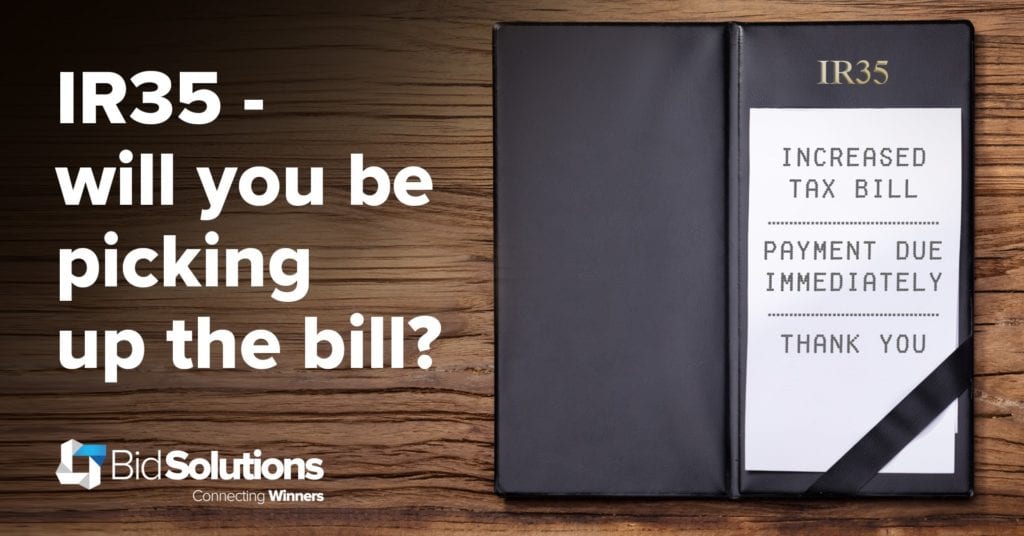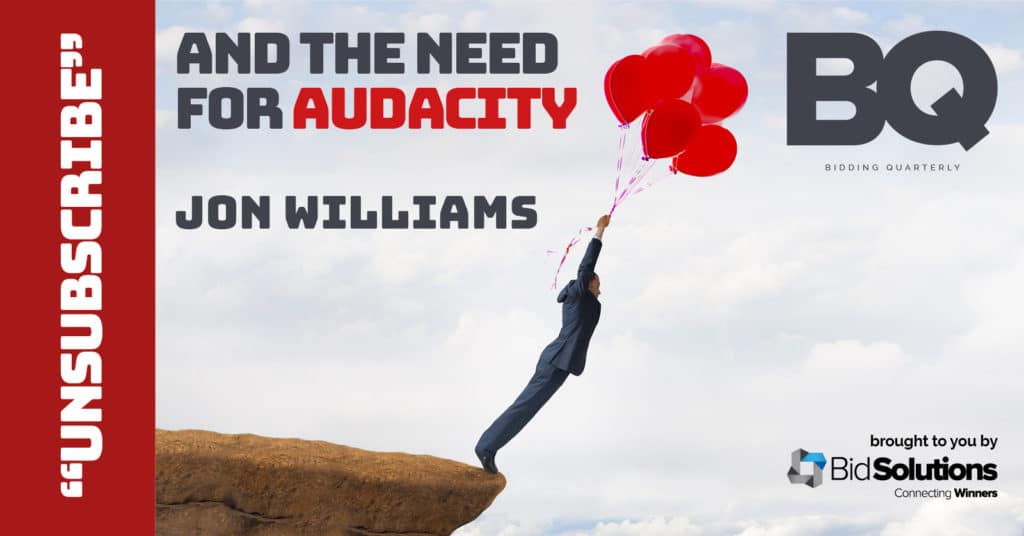
State of the Industry Research
We would like to invite you to participate in QorusDocs 6th annual ‘State of the Industry’ research initiative.
The survey focuses on revenue teams, such as RFP response management and pre-sales, sales and marketing teams who create proposals.
The report will provide industry information to help you benchmark sales productivity and revenue outcomes in the increasingly complex world of proposal management.
We are very interested in hearing your insights – as someone in your organisation involved in responding to RFPs, proposals, security questionnaires, and due diligence inquiries.
The survey has a broad focus and a section dedicated to proposal and RFP management. It will take roughly 10 minutes to complete and all those who do will receive a copy of the report. Click here to take the survey.

BQ11 to be guest edited by WIBAP
I’m delighted to announce that the Women in Bids and Proposals (WIBAP) Team will be guest editing BQ11. Charlotte Rees has done a fantastic job in highlighting inequality in our profession and BQ11 will offer a huge amount of advice and guidance from the WIBAP team and panel of BQ Experts. It will be available early September.
UK 2022 Salary Survey
Bid Solutions’ regular cycle of UK Salary Surveys was due to be published this year. Unfortunately, with Covid-19 and the resulting furlough scheme having such a huge short-term impact on the market and salaries, it will be impossible to draw meaningful conclusions or truly compare data with the 2018 survey. We aim to press ahead with our survey in early 2022.
Ask the Expert
With 30 Bid, Proposal, Capture and Winning Business Professionals on Bid Solutions’ Expert Panel, you are never far from free specialist advice, help and support.
Whether you have a question relating to a particular skill, tool, process, or discipline, or you are bidding into a new or challenging sector and need to tap into specialist industry knowledge, our experts are ready to guide and help.
Simply select the most relevant expert and submit your question here: https://bidsolutions.co.uk/bid-services/ask-the-expert/
Win in 60 Seconds Launches
Improve your chances of winning in 60 seconds. Insider tips, winning strategies, and timely advice from those in the know. We launch with eight fantastic videos from Graham Ablett, Alison Zalecki, Jon Williams, Andy Haigh, Chris Kaelin, Kat Wyon, Oliver Kitschke, and Jeremy Brim
BQ10 Out Now!
BQ10 features twenty fantastic articles from our brilliant team of experts. They discuss everything from time management techniques, to self-care in challenging times, differentiating between common and best practice, and social learning techniques. You’ll learn about ‘reader drag’, ‘bid unicorns’ and diminished attention spans. The quality of the contributions from our panel of experts and guest writers – their shared experience, wisdom, advice, guidance, excitement, sadness, vulnerability, honesty and humour – is beyond anything we have previously published. It’s our biggest and best publication.
REbuild Project Launches
Fantastic to see the launch of the REbuild Project. This brilliant initiative aims to drive change across the Construction industry (and beyond). With less than 20% of Board roles currently fulfilled by women, they have set the following goals:
– 50% women in Executive roles by 2030
– 30% women in Executive roles on top 10 contractor Boards by 2025
– 50% women in entry level positions by 2025
– Zero gender pay gap by 2035.
Lots more detail in this launch document.
Please also consider signing their petition which will keep these issues firmly in the spotlight: http://chng.it/LhVgmPPWC6
Visit their dedicated website for all the latest news.
IR35 – will you be picking up the bill?
With only 10 weeks to go until the new IR35 legislation comes into effect, questions remain about who will be picking up the bill.
From the 5th of April 2021, the responsibility for determining the IR35 status of a contract will shift from a contractor to the client hiring them and will be applied to all payments made. In short, the client will determine if a contractor can operate as genuine contractor (outside IR35) or must become a temporary employee for tax purposes (inside IR35).
Whilst these changes will have limited impact on those genuinely operating outside of IR35, the impact on those now deemed inside IR35 will be significant. We have already witnessed some clients taking an ultra-cautious approach, effectively throwing a one-size fits all ‘inside IR35’ blanket across all contract resource, changing their status to that of PAYE temporary employees, rather than contractors who typically pay themselves dividends.
Why does this matter you might ask? Well, it significantly increases the cost to the client and reduces the take home pay of the contractor. As an example, a Bid Writer who is currently charging £500 per day outside IR35 would need to charge £568 per day to take home the same net pay inside IR35, based on the difference in tax on PAYE versus dividend income. The hiring client that determined them to be inside IR35 would then need to add Employers National Insurance (13.8%) and the monthly apprenticeship levy (0.4%) to the £568 per day, bringing the total cost to £643 per day. This is nearly 30% more per day for the same services. And whilst our numbers are based on some standard assumptions, whichever way you cut it, the price increase is significant.
And so, to the elephant in the room – who is going to pick up the bill? Will contractors be asked to take the hit, or will clients happily pay more for the same services? Our experience to date is that many contractors are turning their backs on PAYE work. Many clients believe they will simply pass on the additional tax burden to the contractor but that would significantly affect the whole business model and justification for the extra risks contractors take. Worse still, contractors deemed ‘inside’ will not qualify for other benefits such as holiday pay or sick pay. So, they will pay the same tax as an employee, but without the benefits.
With so many clients yet to fully understand the implications of the changes, and many contractors still hoping their current services fall outside the reach of the new legislation, there will be many twists and turns ahead.
Contractors should be working with their accountants to calculate their equivalent PAYE rate, which will be heavily influenced by how many weeks they work, the expenses they claim, pension contributions and any additional income. Whilst all advertised contract opportunities will need to give an indication of ‘inside’ or ‘outside’ after 5th April, contractors might find that the determination statement comes after they have started delivering services. Hence, it is imperative that they have quoted two rates to the client before starting – an ‘outside’ rate and an ‘inside’ rate. Walking away from PAYE work on principle alone could prove very costly in the medium term.
Clients need to implement a process for delivering status determinations. Many are simply relying on HMRC’s widely criticised Check Employment Status for Tax (CEST) tool to assess their IR35 position, but it has proven time and again to be over simplistic in its assessment of contracts.
Whatever your thoughts about the new legislation or the viability of becoming, or indeed remaining a contractor or consultant, action needs to be taken. Bid Solutions is prepared for the changes and can offer you advice to help smooth the transition – our IR35 Compliance page is a good starting point. Please do get in touch if you have any specific IR35 related queries. For more general advice about becoming a contractor in the Bid and Proposal profession, take a look at Bidding Quarterly 7 – Freelancing. Finally the Facts.
Bid and Proposal Job Market Update
Earlier this week I was kindly invited by Rick Harris to talk to APMP Members about what’s happening in the bid recruitment world and how job hunting has been affected by Covid-19. I enjoyed the discussion with Rick (link to the webinar is in the comments below) but there were many questions that we simply couldn’t squeeze in to the 30-minute session.
Much of what we discussed has implications for the entire profession (not just APMP members), and in the interests of helping as many people as possible secure new roles in challenging times, I wanted to share some of the key trends we are experiencing. I hope you can put this information to use when looking for your next role.
How have the job search rules changed because of the pandemic?
Competition for bid and proposal jobs is as fierce as we’ve ever seen it. The job market has completely flipped from a candidate driven market to a client driven one. Many candidates had the luxury of choice prior to Covid-19 and clients needed to work hard to secure their preferred candidates. Be warned, the tables have turned – we haven’t experienced this type of market since the global financial crisis of 2008.
The implications of this if you’re a candidate? You must be on your ‘A’ game at every stage of the process. Your CV needs to elevate you above the crowd and you absolutely must practice what you preach in our daily profession – any job application must be client focussed. Your CV shouldn’t be focussed on ‘I’, it should on focussed on ‘what I will do for you’.
We see the market requesting more specialist bid skills. Generalists need to be mindful of this shift. In many markets, it’s no longer enough to just be a good all-rounder – most employers want either industry niche or specialist bid, proposal or capture skills.
One positive throughout the pandemic has been the continued strength of the Contract / Freelance market. Whilst not at its peak, it certainly hasn’t been as badly affected as the permanent market. We are in regular contact with our 800 contractors and very few are struggling to find work.
Hiring companies now know they are in a position of strength when it comes to negotiating salary so be ready to fight your corner – have your numbers worked out ahead of any final interview so you can bring it back to a level playing field. As a recruiter, we typically act as a broker on salary negotiations, but such is the impact of the pandemic, we are seeing clients wanting to negotiate with candidates directly over salary in final interview.
With most interviews now conducted via video, there has been some confusion over formality. Some clients still expect formal dress and very structured interviews. Others are much more casual. Since it is difficult to reverse a first impression, I would always play it safe with a minimum of business-casual attire. If you are one of those people that believe your presence in the room is a key selling point, you need to think about how you recreate that with a video interface.
What can you do to prepare for your next search?
Be very clear on what you want from your next role – scatter gunning will simply not work in a client driven market.
You must start with a plan. Really think through what your ideal next role would be. Think about salary, industry, the type of manager you perform best with, location, working conditions, hours, the training you need. Many people only start to answer these questions by attending lots of unnecessary interviews.
Decide if you want to work with a team or organisation that follows APMP best practice and be aware that many organisations have alternative practices where you might need to adapt what you have learned.
Try not to get hung up on job titles – you need to look beyond them and really understand the roles and responsibilities. Our last salary survey reported 334 different job title variations so the chances are, you might be missing relevant opportunities.
Whilst some disagree with me, I don’t believe you should be afraid to change your current job title on your CV to match the job you are applying for, if the roles and responsibilities are a match. We are seeing good candidates rejected at the first hurdle because hiring teams skim read headers looking for an easy match. Just because your current employer has a particular naming convention for your role, it shouldn’t restrict your career.
Follow all your target employers via their social channels and get involved in their conversation. Showing a genuine interest really does make a difference. Connect with relevant people on LinkedIn and show a desire to work for an individual you respect and / or your company of choice. I often feel doing these basic things is the equivalent of an old-fashioned cover letter.
Do not be afraid to say you have been made redundant or have a gap on your CV because of COVID. There should be no stigma attached to this. Many people experience redundancy during their careers and it rarely reflects on an individual performing poorly, more that the organization got its market strategy wrong.
Strategies and steps to guide you along the way
Now, more than ever, people must be prepared for the unexpected. You must be able to deal with ambiguity at every stage of the recruitment process. Changing jobs involves getting out of your comfort zone. In a pandemic, it generally puts people straight into their stretch zone.
Why work with a recruitment firm?
We develop relationships with our candidates that last for years, if not decades. We get beneath the CV into what motivates someone, what culture they will succeed in and what else they want from their next move and longer career. We typically work with candidates multiple times and truly help them build their career. People trust us to approach them with a career move because we have developed a relationship.
We often play a pivotal role as a negotiator, brokering a deal that would otherwise be uncomfortable to agree with a prospective employer.
In terms of the day-to-day service we offer, we have been providing lots more coaching on CVs, and generally being a sympathetic ear – lots of our profession are really fearful right now and when you combine that with the isolation of lockdown, it can be a very difficult time for many people.
“Unsubscribe” and the need for audacity
Are you being audacious in your approach to proposals right now? Might your competition be more daring? Jon Williams article in BQ9 discusses how an audacious approach to ‘playing’ the rules allowed a low budget film to top the US movie charts last year. He examines why it is so important to be more audacious in these challenging times and reminds us that proposals are the job protection and creation engine for many organisations.
As the movie Unsubscribe demonstrated, the world’s very different now than it was twelve months ago. ‘Normal’ is a thing of the past. Change may be forced on you – or you could seize control.
You can read the full article here: https://bidsolutions.co.uk/bidding-quarterly/issue-9/unsubscribe-and-the-need-for-audacity/








